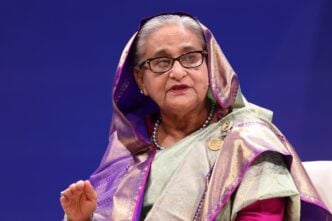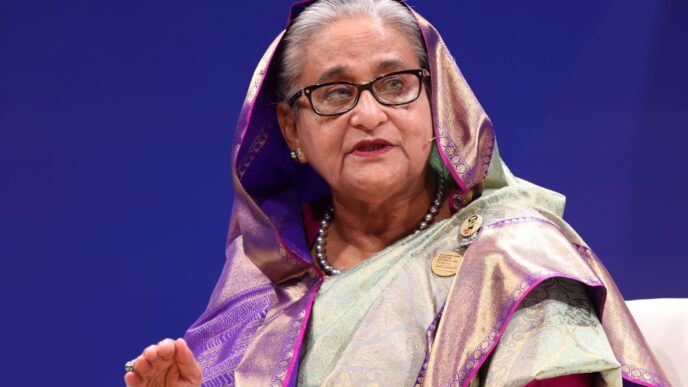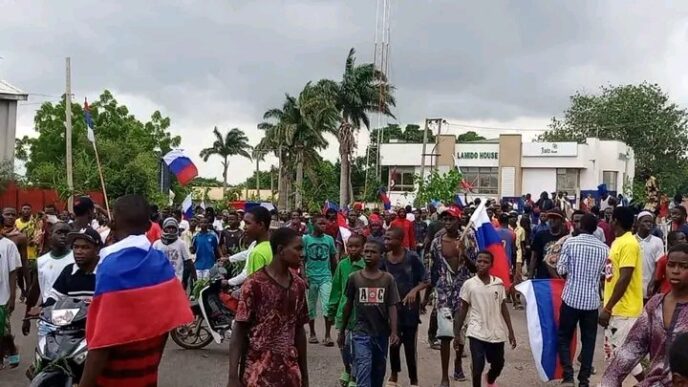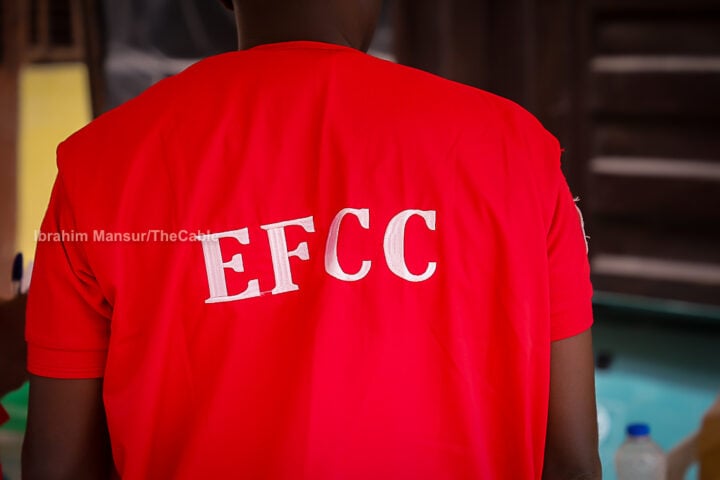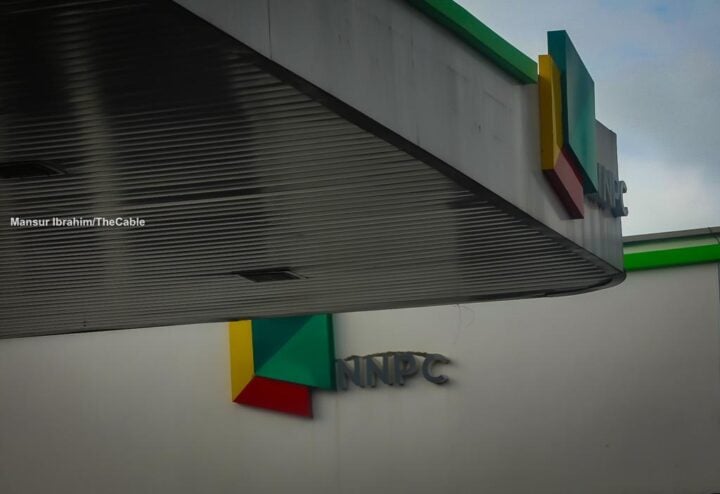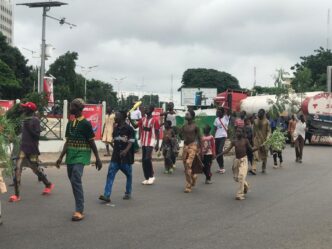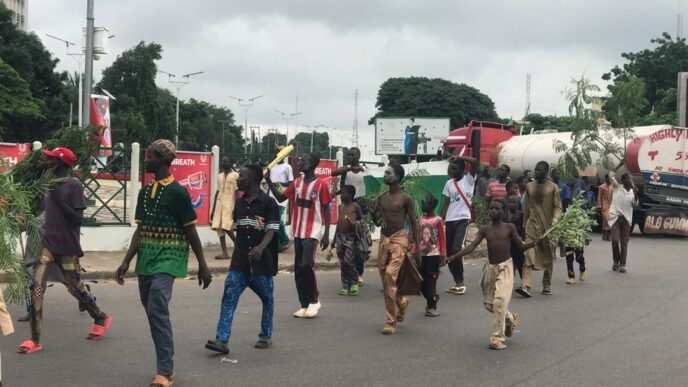Police disperse protesters with tear gas in Abuja
Saturday, August 3, started as a normal day in Abuja, the nation’s capital, as I prepared to cover the demonstrations against Nigeria’s economic crisis.
I was a bit nervous because of reports of how the police tear-gassed reporters on the first day of the protest at Eagle Square.
The facility is about seven kilometers from the Moshood Abiola National Stadium, where Nyesom Wike, minister of the federal capital territory (FCT), secured a court order to confine protesters.
On the second day of the protest, demonstrators went to the stadium to converge. But the protest did not end well that day after a woman was tear-gassed to the point that she fainted and had to be revived.
Advertisement
So, I had an idea of what to expect, but I was hoping for the best.
Saturday started on a really slow note; some protesters and police officers exchanged pleasantries – that felt like a good sign.
My colleagues, Claire Mom and Bolanle Olabimtan, were on the ground to ensure that TheCable had elaborate coverage of the demonstrations.
Advertisement
However, things would take a different turn after Ishaku Ishaku, a deputy commissioner of police (DCP), said the protesters must remain within the stadium in line with the court order.
“The court order is very clear; law-abiding protesters should stay within the stadium,” he said.
Not long after his address to the media, the tear gas canisters began to rain on protesters and journalists, sending them fleeing in different directions.
In the space of 20 minutes, more than a dozen tear gas canisters were used on protesters and journalists who were not up to 150 people altogether.
Advertisement
At that point, I started searching for Claire and Bola. “I hope you guys are in Qudus’s car?” I asked in WhatsApp texts, hoping to get a positive response while choking on the gas.
When I finished sending that message, I raised my head from my phone to see that I and a journalist from Sahara Reporters had been surrounded by some police officers.
A senior police officer jumped down from a Hilux and asked: “Who are you?” As soon as he realised we were journalists, he screamed, “Get out of here.”
We all would later regroup in Qudus’s car. Qudus is a reporter with Premium Times. We now made a long U-turn and positioned ourselves on the expressway to the central business district (CBD) – about a kilometre from the main entrance of the stadium.
Advertisement
Before we came to a halt, we saw a convoy of vehicles belonging to the Department of State Services (DSS).
Upon arriving at the entrance of the stadium, hell broke loose.
Advertisement
We began hearing a barrage of gunfire that sent all of us scrambling to two vehicles driven by Premium Times reporters.
While we drove away, the barrage of gunfire became more rapid. We would later discover that three rounds had hit one of the vehicles we boarded.
Advertisement
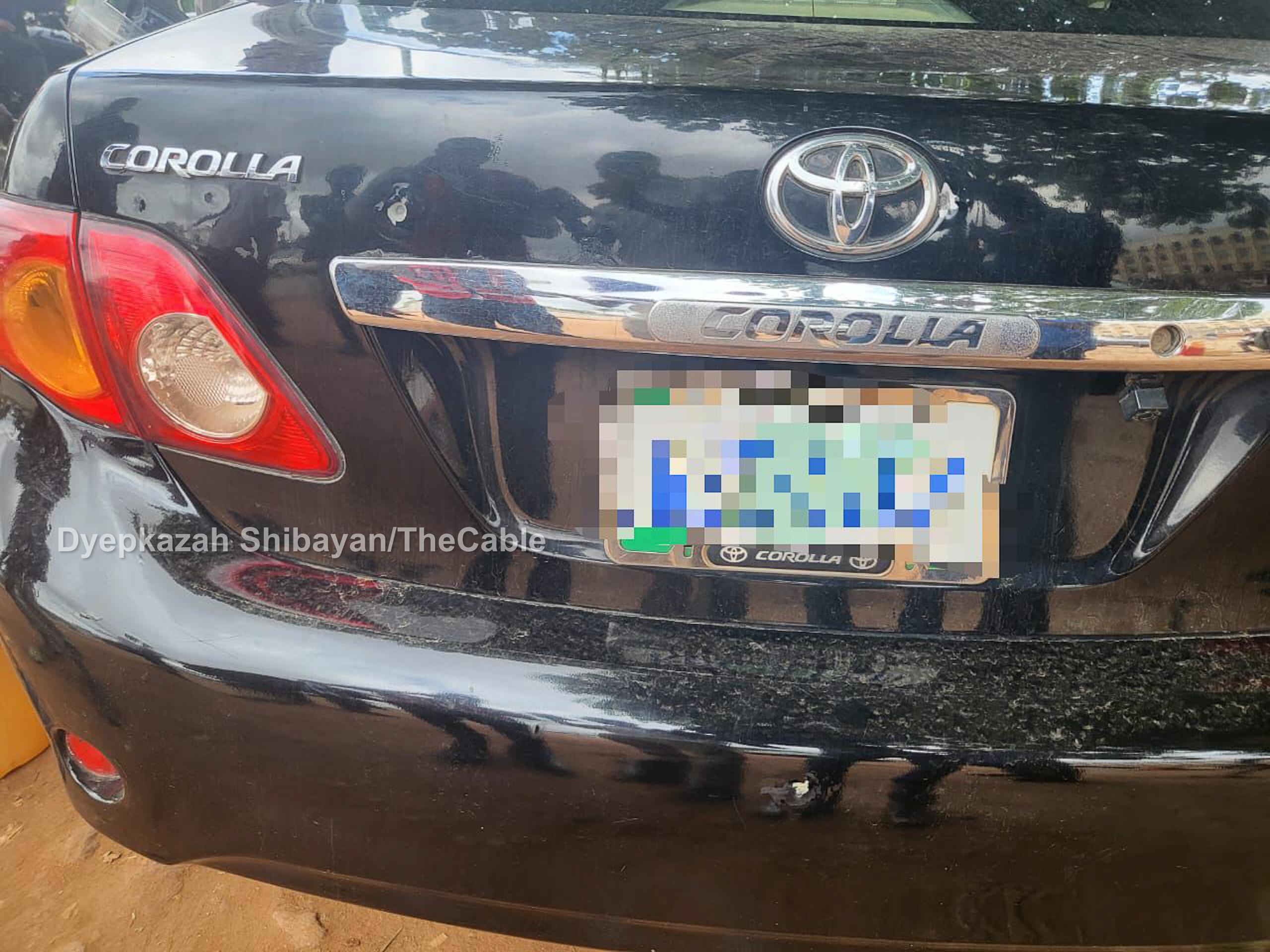
CLAIRE: I HAD NEVER COME THAT CLOSE TO GUNFIRE BEFORE
Before that day, I always maintained neutrality in stories that involved Nigerian security agencies, especially on reports that alleged that they opened fire without provocation.
Advertisement
A day before, witness accounts said the police shot at protesters at the Berger axis in Utako in a bid to disperse them. When asked on Saturday why they shot at innocent citizens, the police denied their actions.
Before this, pictures surfaced on the internet of the police rough handling a journalist at Eagle Square. Again, the police denied this and said they were only taking him away for safety. Weird!
The bells rang off in my head at the alarming denial despite glaring evidence.
But it was when we were the target of their guns on Saturday that all neutrality vanished from my mind. Seeing the bullet dents on a colleague’s car was rattling and traumatic.
They aimed to kill!
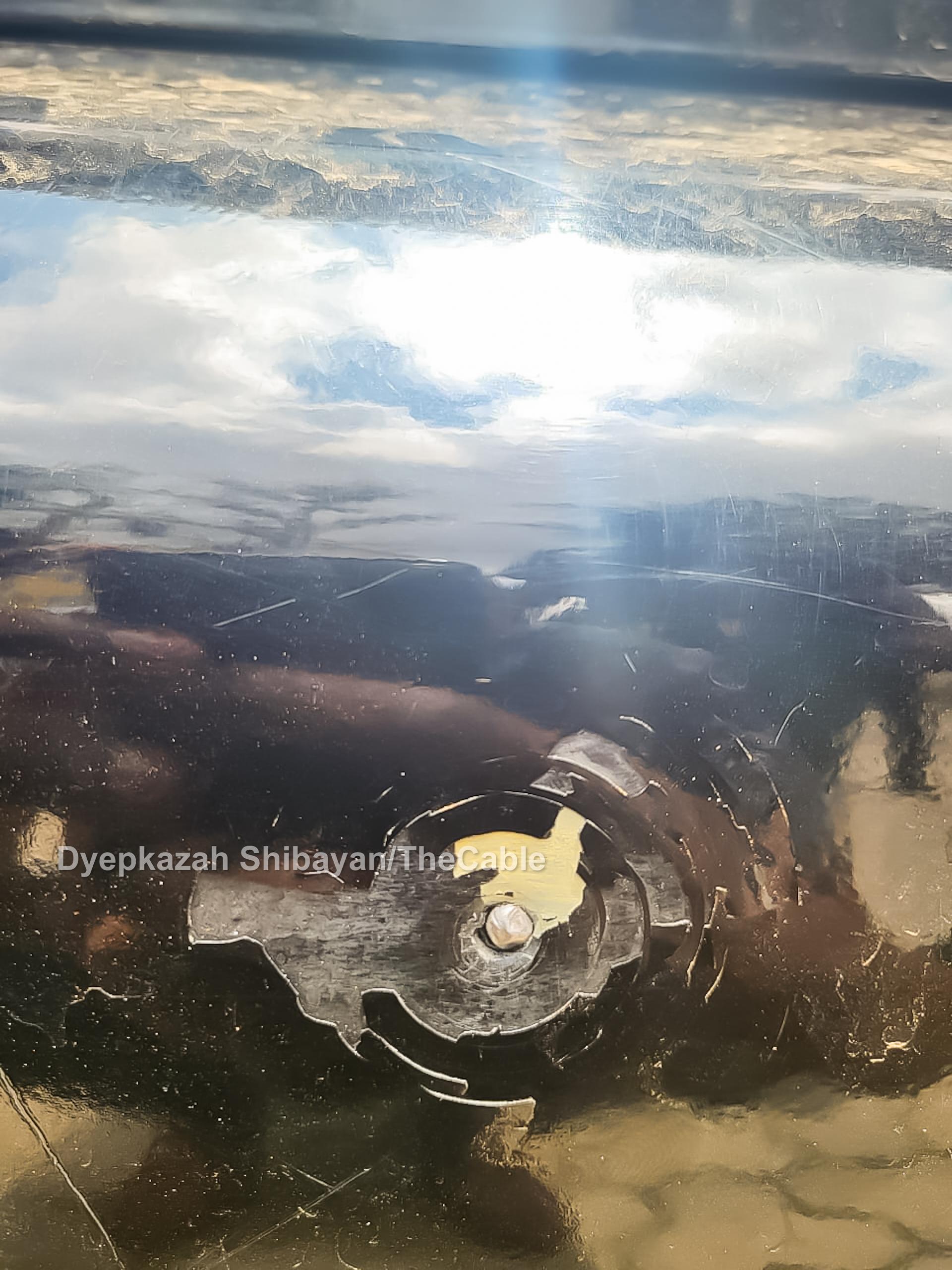
BOLANLE: THE MEMORY WILL STAY WITH ME FOREVER
In my family and amongst my friends, I’m known to be daring and adventure-seeking. Maybe the movies I watched growing up made me think I could always play the hero. But after the #EndSARS protest, something in me died.
To be honest, I wasn’t looking forward to covering this #EndBadGovernance protest. But we have to do the job as journalists.
I woke up grudgingly on Saturday and got set for day three of the protest, wearing my most comfortable mom jeans, a black tee shirt and a pair of sneakers just in case I had to run.
The protest started slowly; only a mere handful of people gathered in front of the Moshood Abiola stadium.
I could hear some of the protesters recounting how they were attacked by security forces without any provocation on day two of the protest. But somewhere in my head, I had my doubts. As a journalist, I second-guess everything until I can ascertain what is true.
But I didn’t have to wait too long to verify their claims as it started to rain tear gas canisters. The police had strategically positioned themselves and started shooting at unarmed and peaceful protesters.
Everyone screamed in different directions. I lost sight of Dyep and Claire – my colleagues – and ran into the car of another journalist. Nine people squeezed themselves into Qudus’ car, and thankfully, Claire was inside.
After waiting a while, we circled back to the stadium to check the situation and find our colleagues.
Violence climaxed when a convoy of masked men in mufti, believed to be officers of the DSS, arrived in the area wielding guns, batons, and cutlasses. The moment my eyes caught one cocking his gun, that was all I needed to leave the scene completely.
In my opinion, these men did not act like security agents. They acted more like cultists who set out to kill their opponents. They did not shoot into the air; they shot as though they were aiming to kill.
This memory will stay with me for a long time. I wonder if the life of an ordinary Nigerian is worth anything to the government and security agents who are supposed to provide protection.
Reporting by Dyepkazah Shibayan, Bolanle Olabimtan, and Claire Mom.
Add a comment


